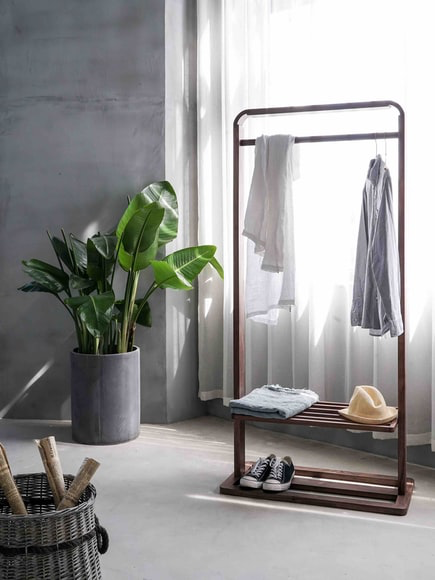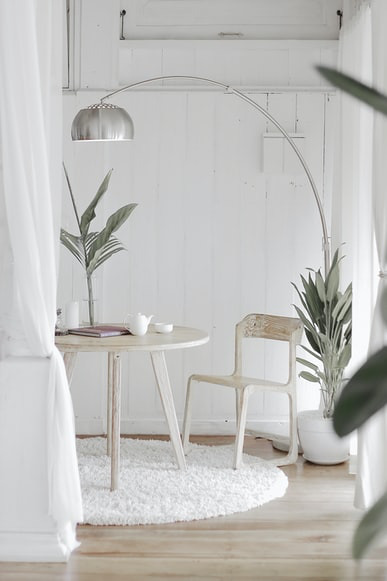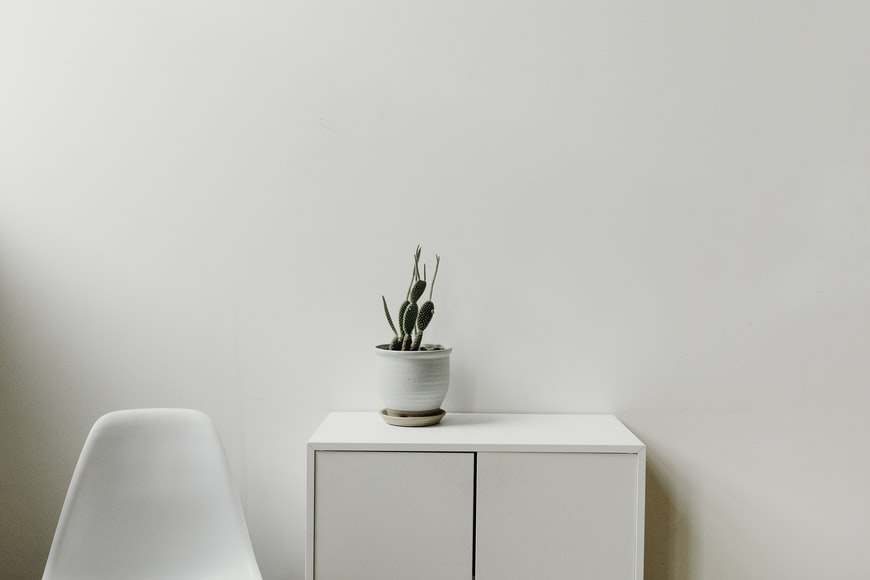Top 5 Benefits of Minimalism
In today’s hectic world, many people are looking for ways to simplify their lives and reduce stress. One way to achieve this is through minimalism. Minimalism is a lifestyle that emphasizes owning less and focusing on what truly matters, leading to a greater sense of purpose and fulfillment.
In this article, we will explore the top 5 benefits of minimalism and how it can transform your life. From decluttering your home to reducing your environmental footprint, minimalism has a range of benefits that can enhance your well-being. So, whether you’re seeking to improve your mental health and work-life balance, free up time for meaningful experiences, or simply reduce your physical possessions, read on to discover how minimalism can help you achieve your goals.
1. Better Budget

People tend to spend a boatload of money on numerous items, decorations, furniture, trinkets, and more that they keep in their homes. In an average home, there is so much clutter on different surfaces around the house that it can be dizzying.
All of those products cost money, and people are addicted to consumerism, meaning that we will keep buying things that we don’t actually need, wasting our money. Our consumerist culture has gotten so out of hand it has given those in charge of popular brands millions while we put ourselves in debt over purchasing anything and everything.
Choosing to accumulate only the essentials often results in financial freedom. Spending less on things you don’t really need will cut your financial expenses and increase your savings.
2. Less Stress
Can you live in a minimalist space, it is significantly less stressful than a cluttered one. Being able to freely move around and enjoy your home tends to lift a huge weight off people’s shoulders. Studies show that having less clutter to clean and fewer desires in life leads to less stress while having more clutter leads to spiky cortisol levels (stress hormones).
Chaotic environments can cause tension and it is contagious. When we cling to material possessions we create stress because we are surrounded by chaos and are always afraid of losing our possessions. By simplifying your life you can lose your attachment to these things and ultimately create a calm, peaceful mind. The fewer things you have to worry about, the more peace you have, and it’s as simple as that.
3. Cleanliness

A clean and uncluttered home has several benefits. Many minimalists say: “I became a minimalist because I spend most of my time cleaning, and I hate it.” That’s right, owning less means less time to clean, and more time for yourself and your family. If you own less then you clean less, and you can make use of your time being more productive. More surfaces mean more space to be filled with more things, and what does this mean? More cleaning.
You spend money on items you don’t really need, just to tire yourself out and waste more time cleaning. It doesn’t make sense. We’re the ones that create our own discomfort. It is life-changing how much easier it is to clean a space that has less things in it. When it comes to putting things away, dusting, or organizing, the less you have the easier your job is and you finish a lot faster.
4. Environmental Benefits
Being a minimalist is not just for your own benefit. Did you know that by decluttering you are helping the earth too? By owning less stuff, you are helping to reduce waste and landfills. By owning fewer electrical appliances, you are using less electricity and therefore decrease carbon dioxide footprints on the ozone.
You are also helping the reduction of plastic waste which is a huge problem in today’s society as plastic takes over 400 years to decompose. Were you aware that today there are over 5 trillion macro and micro pieces of plastic in our oceans! This means around 46,000 pieces in every square mile of ocean, weighing up to 269,000 tonnes. Having respect for our planet is more important than our material desires.
5. Freedom

Minimalism is not just about owning less stuff, it is about freedom. Minimalism benefits the freedom of owning your time instead of letting your stuff own you. It helps you focus on finding true happiness, not the negative energy that is caused by consumerism. People from all walks of life have a habit of collecting things they don’t really need or are just afraid to get rid of for whatever reason.
Adopting a minimalist lifestyle helps reject this idea and helps focus your attachment on what really matters. The things we attach ourselves to can stretch us thin if there are too many, and being a minimalist allows you to regain your freedom of putting energy into the things in your life that actually matter, have value, and give your life meaning.




